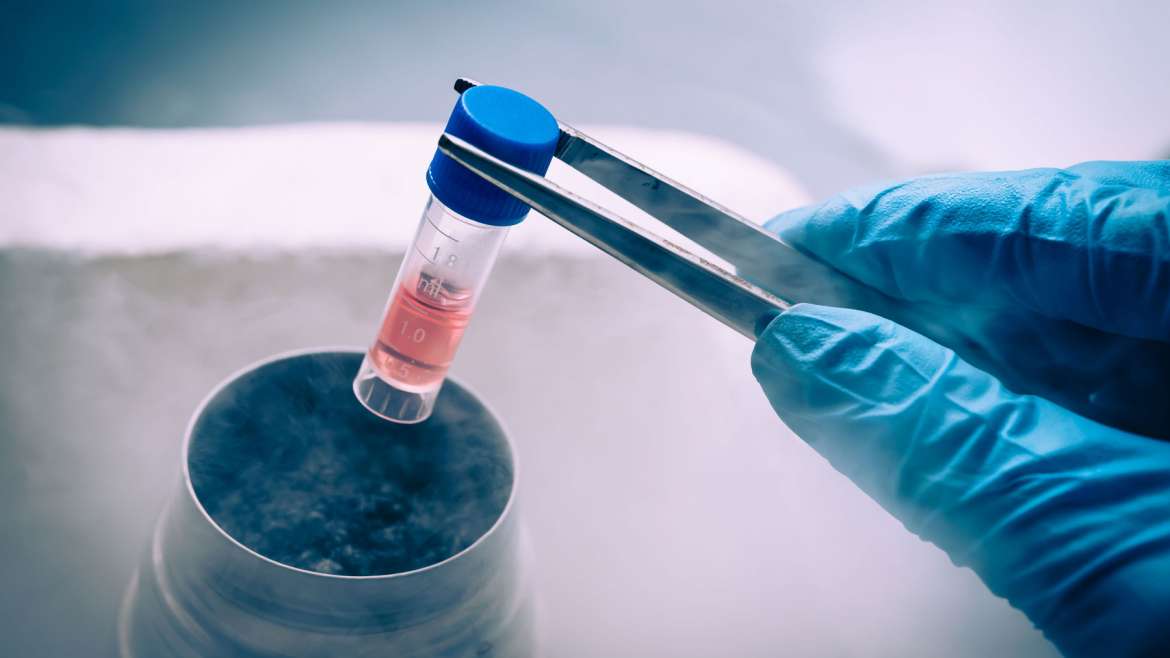Oocyte cryopreservation, or egg freezing, is a relatively new procedure in the field of assisted reproductive technologies. Overall, this technology increases a woman’s potential to have children later in life. Since the first successful pregnancy using egg freezing was reported in 1986, In Nigeria the success rate is still low.
Egg Freezing
Egg freezing allows a woman to preserve her fertility until she is ready to start her family. This option is available to women who are diagnosed with cancer or other illness that may affect their fertility. It is also an option for healthy women who wish to delay attempting to achieve pregnancy until later, knowing that as we age our fertility function decreases. During an egg-freezing cycle, a patient will go through many of the same steps that are involved in a typical IVF cycle: ovulation stimulation, ultrasound monitoring, and egg retrieval. After egg retrieval, the eggs will be cultured for a few hours and then frozen the same day for future use.
Sperm Cryopreservation
Men hoping to preserve their fertility before undergoing treatment for cancer or another fertility-threatening disease can cryopreserve, or freeze, their sperm, which can be obtained through masturbation in post-pubescent boys and men. This is the most established fertility preservation method for males. For pre-pubescent boys, sperm can be obtained through testicular aspiration or electrostimulation and then stored for future use. Researchers are also looking at methods for cryopreserving testicular tissue samples so that they can be re-implanted into the body after treatment.
